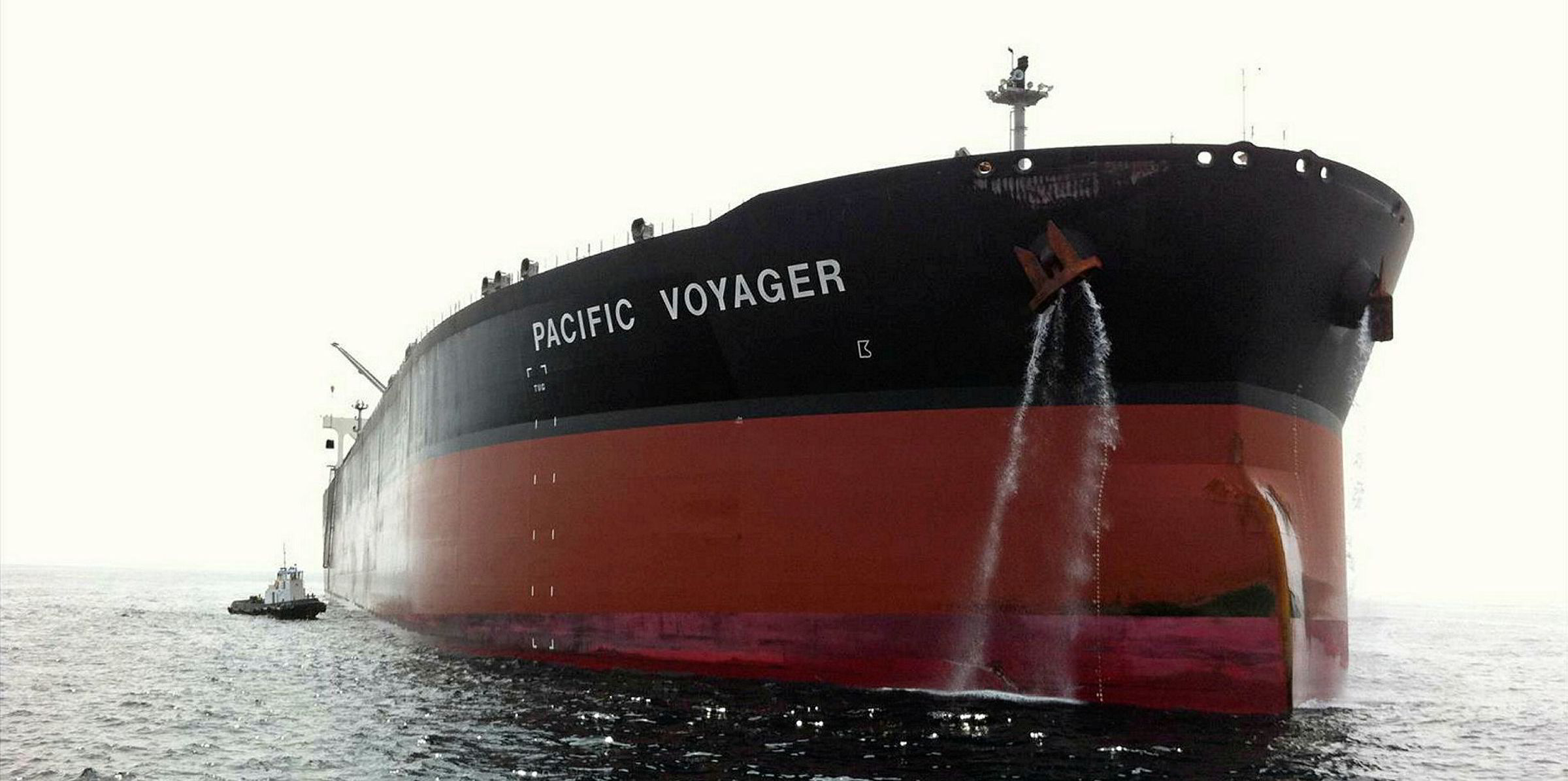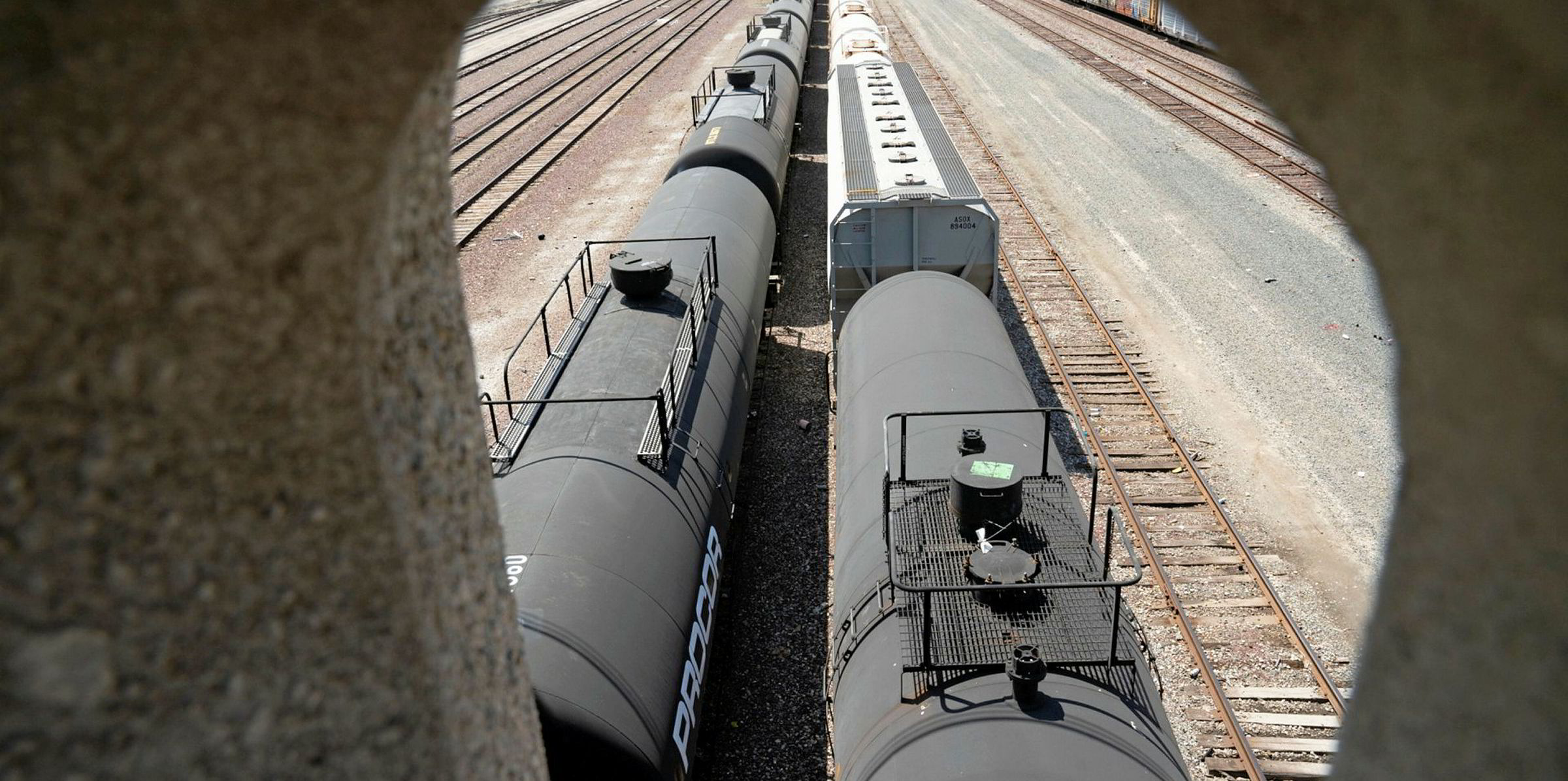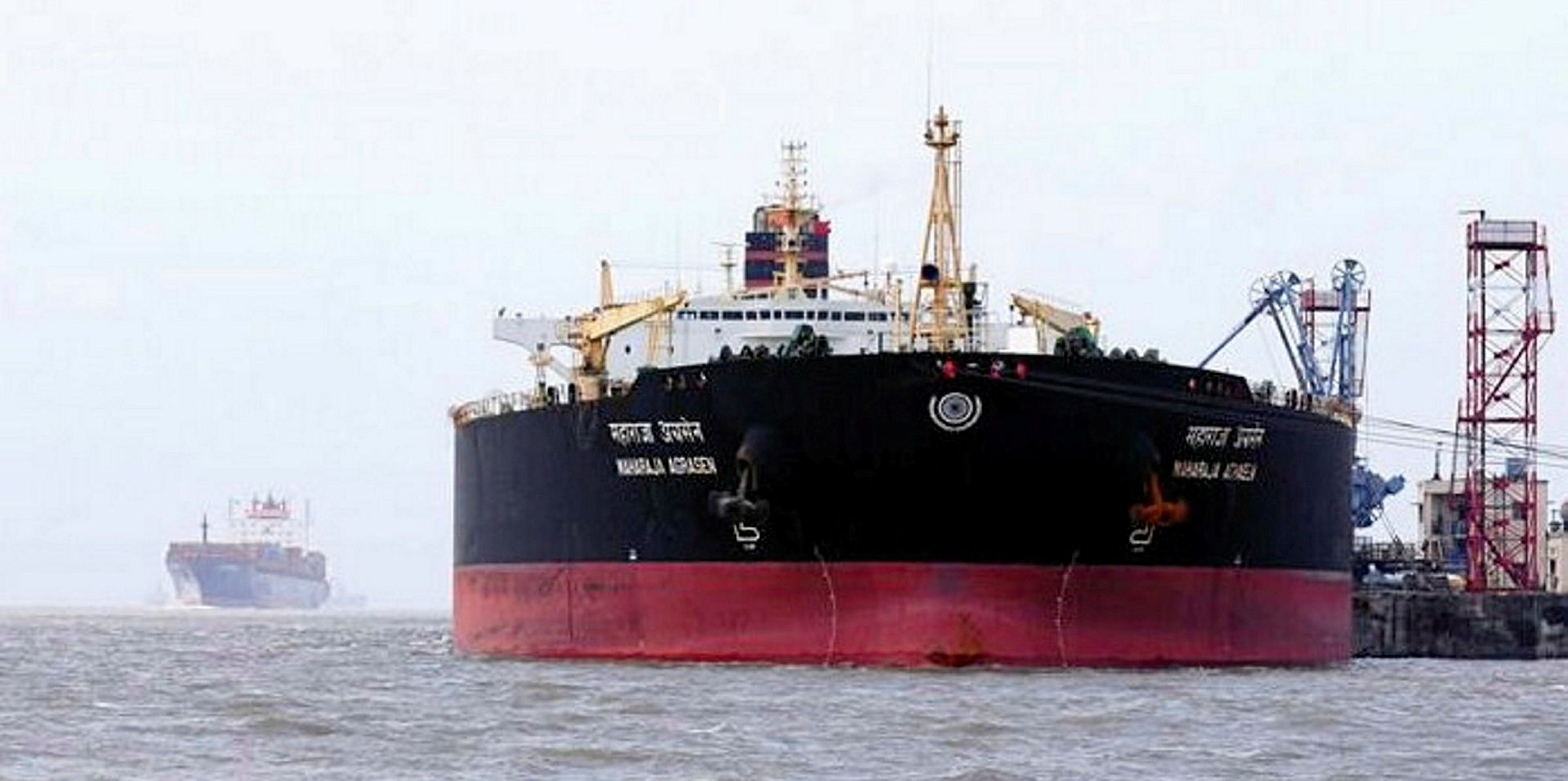Clarksons Research has presented an optimistic outlook for short-term tanker markets, with demand for floating storage more than offsetting shrinking seaborne trade and continued fleet growth.
Crude and product tankers have been the best-performing shipping sectors during the coronavirus pandemic, with their spot earnings boosted by oil firms’ requirements for storing oil at sea.
“The outlook for the tanker market in the short term is positive,” the research unit of brokerage Clarksons said.
“While further ahead, the market may see pressure from lower oil trade or a winding down of oil inventories, for now, strong storage demand looks likely to continue to soak up a considerable volume of tonnage,” Clarksons' monthly tanker report said.
With plummeting oil consumption globally during the coronavirus outbreak, oil firms have been busy chartering tankers for floating storage use since last month.
Clarksons Research estimates that more than 60m dwt of dirty tanker capacity were being used as floating storage in late April, including 102 VLCCs, versus 23.7m dwt at the beginning of March.
Over the same time span, the amount of product tanker capacity engaged in storage rose to 10.5m dwt from 1.1m dwt.
“As global onshore oil storage facilities approach capacity and oil markets have moved deep in contango, floating storage levels have climbed significantly,” the report said.
This is “helping to mitigate potential negative demand side trends and offsetting underlying total fleet growth," it added.
Tanker earnings
Having experienced a sharp correction this week, spot earnings for tankers remain at an elevated level.
Clarksons Platou Securities assessed global average VLCC earnings at $88,600 per day, suezmax at $65,300 per day, and aframax at $57,200 per day on Friday.
As for product tankers, daily LR2 earnings were $161,500, LR1 earnings were $105,400 and MRs were attaining $59,300.
Looking further ahead, Clarksons Research has projected a 4% fall in tonne-mile demand for crude tankers and a 7% drop for product tankers this year.
With continued newbuilding deliveries and limited scrapping, Clarksons Research has forecast the VLCC and suezmax fleets will each grow by 4%, aframax by 1%, and product tanker by 2% this year.
“Significant uncertainty remains over the seaborne oil trade outlook with the situation still highly fluid,” Clarksons Research analysts said. “However, a much steeper decline [in trade volumes] is clearly possible given the extent of impact of the Covid-19 pandemic on global oil demand (potential 9% fall in 2020).”






